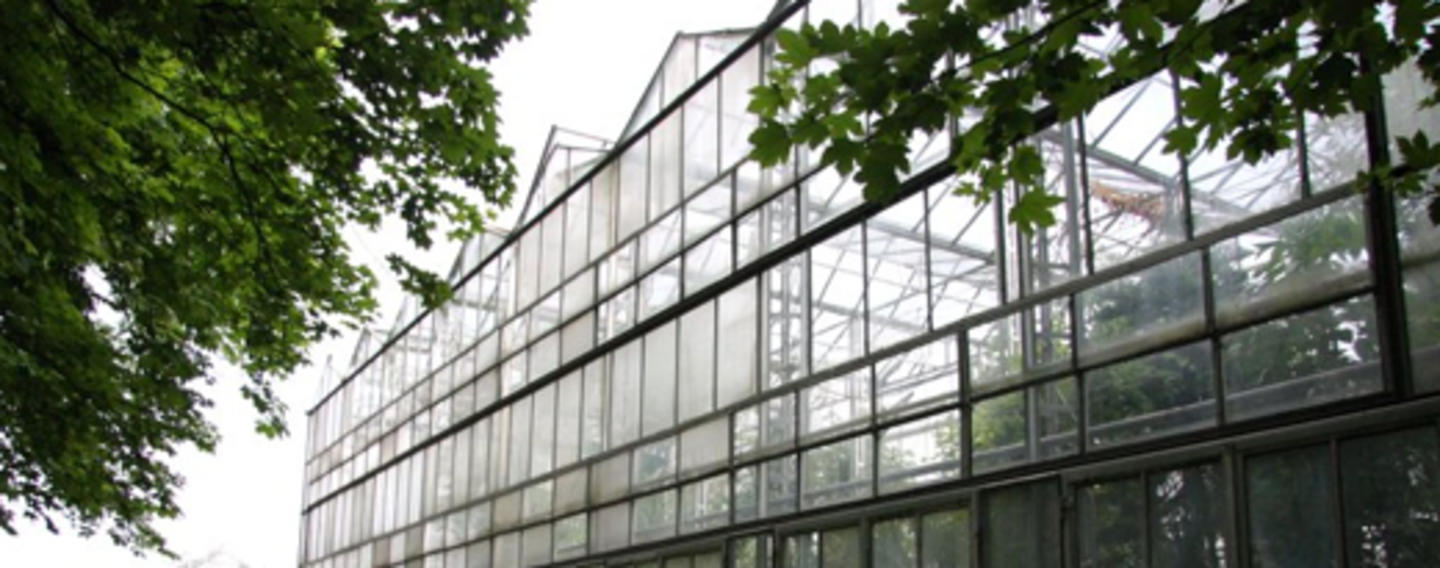With €3 million in support from the Norway Grants, the buildings and greenhouses of the Institute of Ecology and Botany of the Hungarian Academy of Sciences will receive new heating systems. The Institute’s buildings will be equipped with thermal insulation and renewable energy systems based on solar and geothermal energy, and polluting gas boilers will be replaced with environmentally friendly biomass boilers. The Norwegian Institute of Water Research (NIVA) is involved as a partner in the project.
"The new heating system will reduce CO2 emissions by 533 tons per year. Carbon emission is a global problem that we can tackle with local solutions," explains Dr. Katalin Török, Director of the Institute of Ecology and Botany of the Hungarian Academy of Sciences.
The Institute is home to the largest botanical garden in Hungary. In the 29 hectares garden, visitors can appreciate more than 13 000 different plant species more than 1300 trees and shrubs.
The Institute puts a strong emphasis on outreach and environmental education initiatives. A visitors' centre will be built, in which visitors can learn about the importance of protecting biodiversity and achieving sustainable development. "One of the main barriers to solve global environmental problems is the lack of knowledge and lack of responsibility among the public. Between 50 and 70 000 people visit the Botanical gardens here in Vácrátót, and they will now be able to enhance their knowledge in our new visitors centre," explains Dr. Török.
In addition, the Nursery School, the Health Centre, the Petofi Sándor Elementary School and the Mayor’s Office, will also be equipped with new and environmentally friendly heating systems. The heating costs for these four municipal buildings are estimated to be reduced with 55%.
Photo: Guri M. Smenes, Royal Norwegian Embassy, Budapest.
